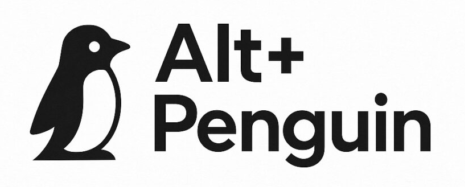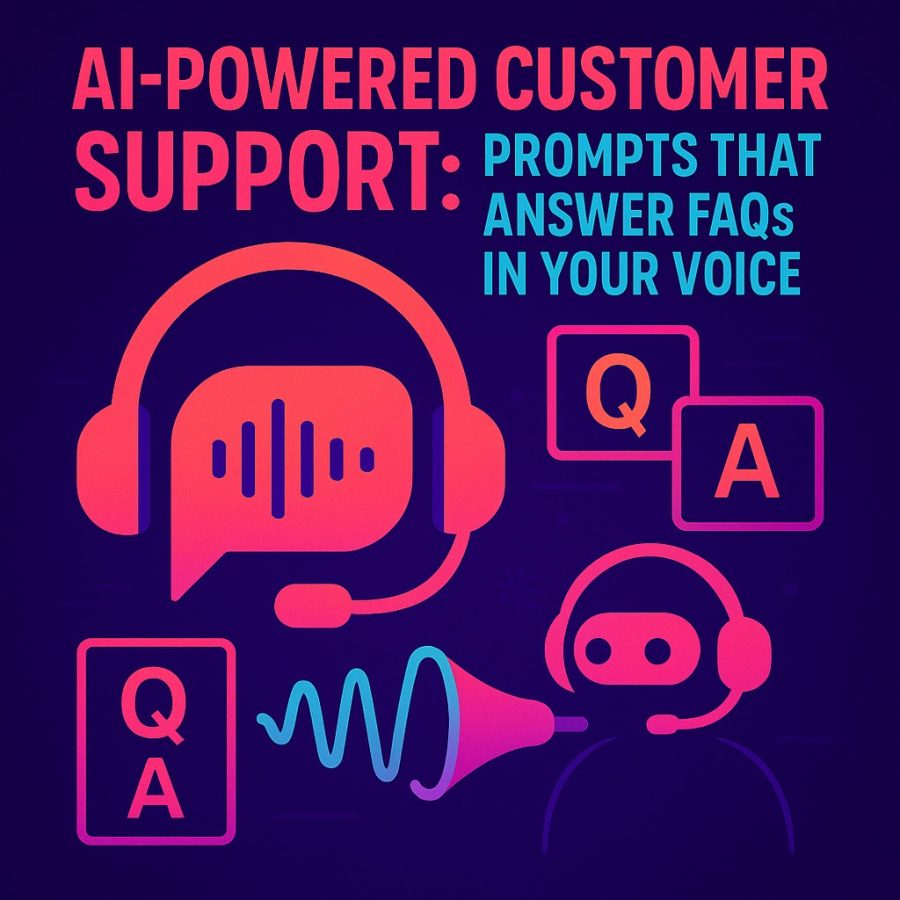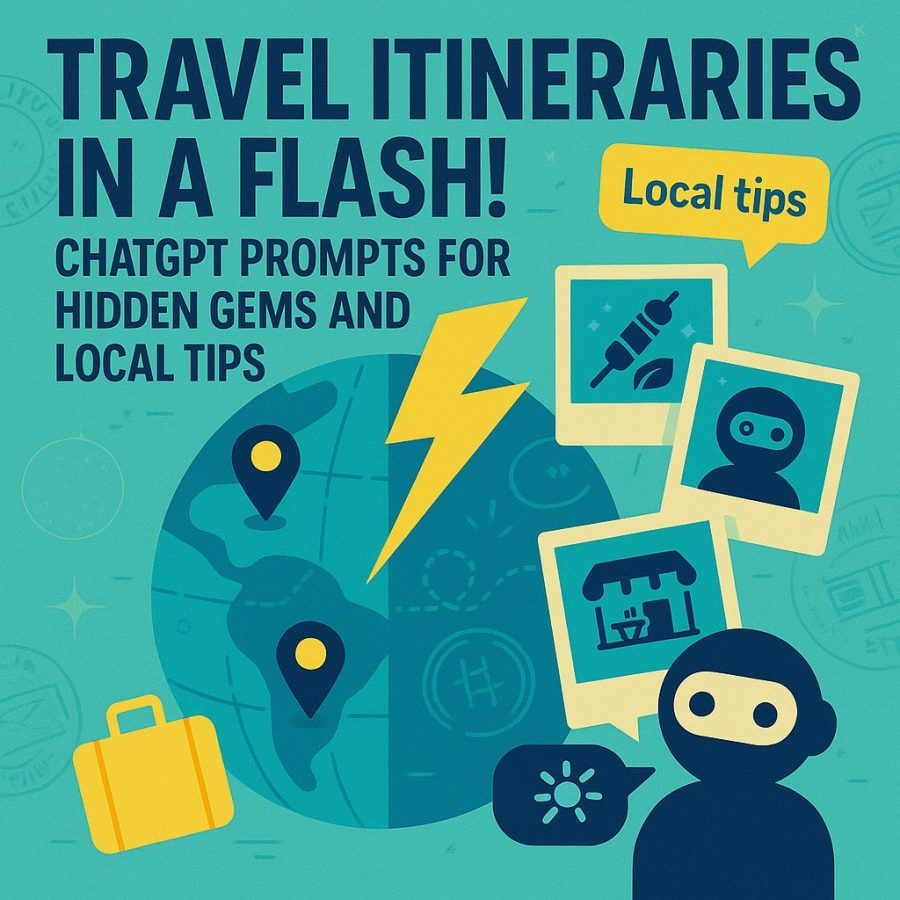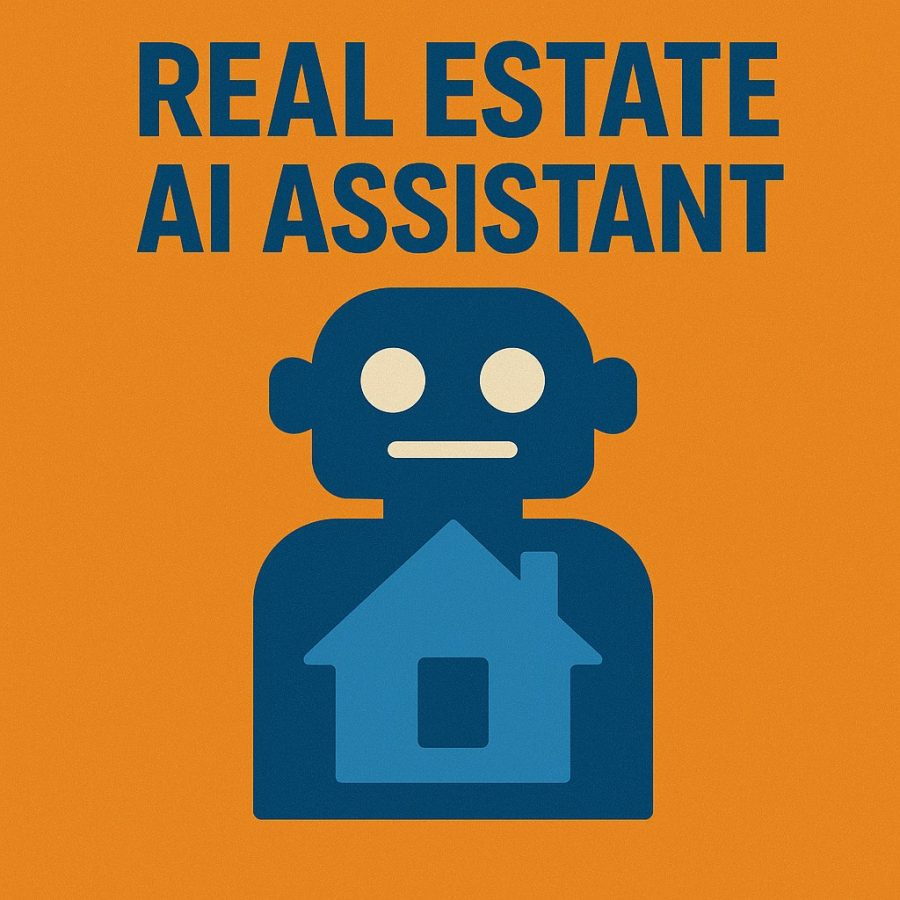Views: 0
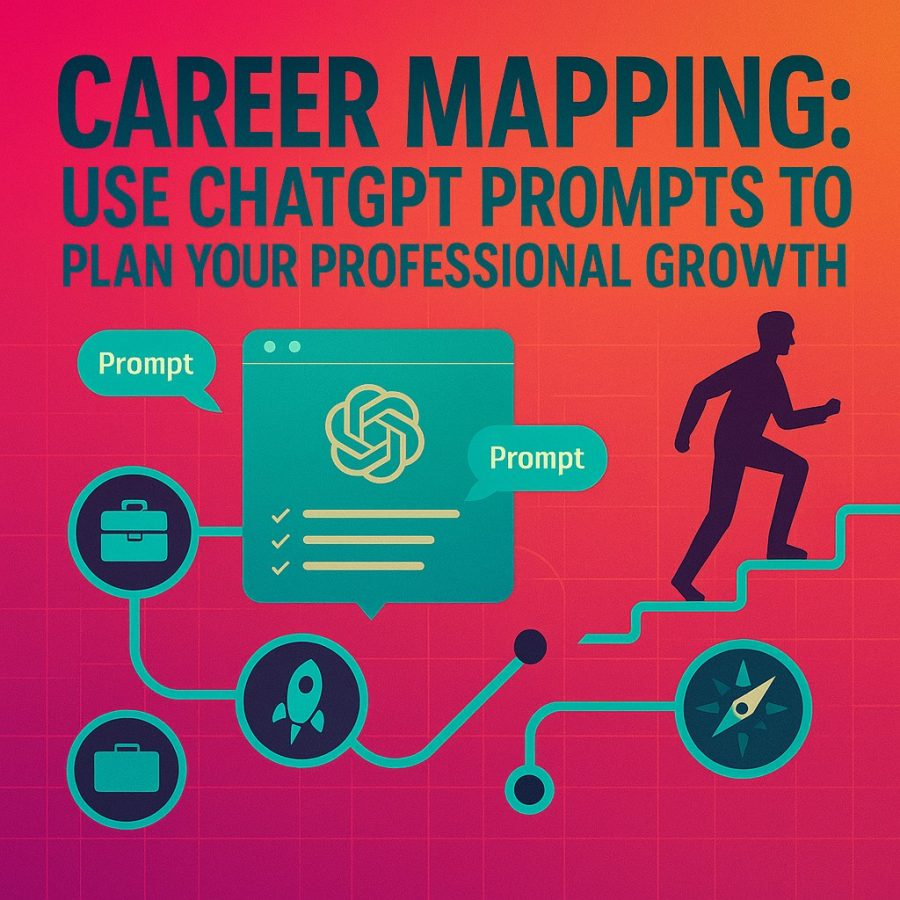
Ever feel like you’re drifting through your career without a clear destination? You’re not alone. Many professionals wake up one day wondering, “How did I end up here, and where do I go next?” That’s where career mapping comes in a strategic approach to charting your skills, setting milestones, and accelerating your professional journey. And the best part? You don’t need a career coach on speed-dial. With the right ChatGPT prompts, you can plan your professional growth in a conversational, bite-sized way that fits into your busy life.
In this guide, we’ll dive into why career mapping matters, how AI can lend a hand, and a step-by-step blueprint using ChatGPT to craft a personalized career playbook. Whether you’re eyeing a promotion, pivoting industries, or simply craving more fulfillment at work, this post will equip you to use ChatGPT prompts to plan your professional growth all in a casual, human-centric tone that feels like chatting with a savvy mentor.
Why Career Mapping Matters
- Clarity Over Chaos
Without a roadmap, it’s easy to make reactive career choices jumping at every opportunity or staying stuck in a comfort zone. A structured career map transforms uncertainty into a clear sequence of achievable steps, making your next move intentional rather than accidental. - Motivation Through Milestones
Large goals like “become a manager” or “switch to data science” can feel overwhelming. Breaking them into smaller milestones certifications, side projects, networking targets creates momentum. Each checkbox ticked fuels confidence and keeps you invested in the process. - Adaptability in a Fast-Changing World
Industries evolve at lightning speed. A living career map one you revisit and revise quarterly helps you spot emerging skills, pivot before roles become obsolete, and align with market demand. - Ownership of Your Growth
Waiting for annual reviews to set objectives cedes control of your career to your company. By proactively mapping your path, you own your narrative, negotiate promotions with data, and make career pivots on your terms.
How ChatGPT Becomes Your Career Mapping Partner
Imagine having a career strategist on call 24/7 one who listens, asks clarifying questions, and offers tailored exercises. ChatGPT can fill that role when guided by well-crafted prompts. Here’s why using ChatGPT prompts is a game-changer:
- Instant, Iterative Feedback: Bounce ideas back and forth refine goals, uncover blind spots, and adapt as you learn more about yourself.
- Structured Exercises: From SWOT analyses to SMART goal setting, AI can walk you through proven frameworks step by step.
- Resource Recommendations: Ask for curated lists of courses, books, podcasts, and networking platforms aligned with your objectives.
- Personalized Tone: By specifying your style encouraging, data-driven, or storytelling the AI speaks in your own voice, making suggestions feel authentic and actionable.
Ready to harness AI for your career mapping? Let’s break down the process into seven detailed steps, each paired with concrete ChatGPT prompts you can deploy today.
Step 1: Self-Assessment & Skills Inventory
Before you chart a path forward, take a clear inventory of where you stand today.
Key Activities:
- Identify core strengths and transferable skills
- Acknowledge areas for improvement or new learning
- Reflect on achievements and challenges in recent roles
Sample ChatGPT Prompts:
- “Act as a career coach. Help me list my top five professional strengths based on my background in IT support and cloud administration.”
- “Guide me through a SWOT analysis of my career profile: strengths, weaknesses, opportunities, and threats.”
- “Based on these recent accomplishments ‘reduced server outages by 30%’ and ‘led a team migration to Azure’ what transferable skills should I highlight on my resume?”
Use the AI’s responses to create a living document a skills matrix that you’ll revisit as you grow.
Step 2: Define Your Long-Term Vision
With self-awareness in hand, articulate where you want to be in 3–5 years.
Key Activities:
- Envision your dream role or industry
- Consider work-life balance, salary goals, and impact
- Align personal values with professional aspirations
Sample ChatGPT Prompts:
- “I want to transition from cloud engineering to AI product management in five years. What key milestones and skill sets should I target?”
- “List three emerging roles in the AI space that match my experience in IT and passion for user experience.”
- “Help me write a vision statement for my career that balances leadership, innovation, and mentorship.”
A vivid vision acts like a compass, guiding every decision you make from which courses to enroll in to which conferences to attend.
Step 3: Set SMART Goals
Translate your vision into Specific, Measurable, Achievable, Relevant, and Time-bound (SMART) objectives.
Key Activities:
- Break long-term goals into quarterly or monthly targets
- Assign quantifiable metrics (e.g., certifications earned, projects completed)
- Ensure each goal is realistically achievable within the timeframe
Sample ChatGPT Prompts:
- “Help me convert ‘learn Python for data analysis’ into a SMART goal.”
- “Generate five SMART objectives for someone aiming to improve public speaking and leadership presence within six months.”
- “Review these draft goals ‘publish two technical blog posts’ and ‘obtain AWS Solutions Architect Associate certification’ and refine them into SMART format.”
SMART goals give you concrete checkpoints and feed directly into your career map’s timeline.
Step 4: Identify Learning & Development Resources
Effective career mapping pairs goals with the right resources courses, books, mentors, and communities.
Key Activities:
- Research online platforms and certifications
- Seek out industry events, webinars, and networking groups
- Compile a resource library with links, costs, and time estimates
Sample ChatGPT Prompts:
- “Recommend top-rated online courses for learning product management fundamentals in 2025.”
- “List five books on leadership and team building for mid-level technical managers.”
- “Suggest active LinkedIn groups and Slack communities for AI professionals with under 5 years of experience.”
Gather this information into a spreadsheet or Notion database, complete with deadlines and estimated effort for each item.
Step 5: Build Your Career Roadmap
Now that you have goals and resources, it’s time to plot them on a timeline.
Key Activities:
- Sequence objectives chronologically, accounting for dependencies
- Allocate weekly or monthly time blocks for coursework, projects, and networking
- Build in review points for self-evaluation and course correction
Sample ChatGPT Prompts:
- “Act as a project manager. Create a 12-month roadmap that sequences my SMART goals, learning activities, and project milestones.”
- “Help me build a weekly schedule that balances upskilling in data analysis with my full-time job and personal commitments.”
- “Suggest tools or templates to visualize and track my career roadmap effectively.”
A visual roadmap whether a Gantt chart, Trello board, or calendar keeps your plan top of mind and ensures steady progress.
Step 6: Network Strategically
Your network can be the fastest track to new opportunities and insider insights.
Key Activities:
- Identify key influencers, mentors, and peers in your target field
- Craft outreach messages and follow-up sequences
- Engage in meaningful conversations offer value, ask thoughtful questions

Sample ChatGPT Prompts:
- “Draft a LinkedIn connection request message to a senior AI product manager, mentioning my background in cloud engineering.”
- “Suggest five conversation starters for networking at a local tech meetup focused on data science.”
- “Create a three-step follow-up email sequence after an informational interview.”
Approach networking as a two-way street: give before you ask, and build genuine relationships over time.
Step 7: Reflect, Iterate, and Celebrate
A career map thrives when it’s reviewed and refined regularly.
Key Activities:
- Conduct quarterly check-ins: assess what’s working and what needs adjustment
- Update SMART goals and timelines based on new insights
- Celebrate wins big and small to maintain motivation
Sample ChatGPT Prompts:
- “Help me draft a self-reflection template for my quarterly career review.”
- “I accomplished my AWS certification two months early how should I adjust my roadmap?”
- “Generate ideas for celebrating small career wins that boost morale and momentum.”
Reflection ensures your career map stays aligned with evolving ambitions and life circumstances.
Best Practices for AI-Assisted Career Mapping
- Be Iterative, Not Rigid: Treat your roadmap as a living guide, not a contract.
- Combine Data with Intuition: Use AI for structure but trust your gut when making judgment calls.
- Document Everything: Maintain a central hub (Notion, Google Docs, or Trello) for goals, resources, and reflections.
- Balance Ambition with Well-Being: Build in rest periods and personal time burnout stalls growth faster than any career plateau.
- Seek Human Mentorship: Complement AI insights with advice from real-world mentors who know your field inside and out.
Conclusion
Plotting your career path no longer needs to feel overwhelming or guess-work driven. By embracing career mapping and leveraging targeted ChatGPT prompts, you gain a dynamic framework to clarify your vision, set SMART goals, and track progress all while staying nimble in a rapidly changing landscape. Start today: pick one step maybe a skills audit or a networking outreach and use the sample prompts above to jump-start your journey. As you iterate, refine, and celebrate each milestone, you’ll find yourself not just drifting but steering confidently toward your professional aspirations. Here’s to mapping your future, one AI-powered prompt at a time.
